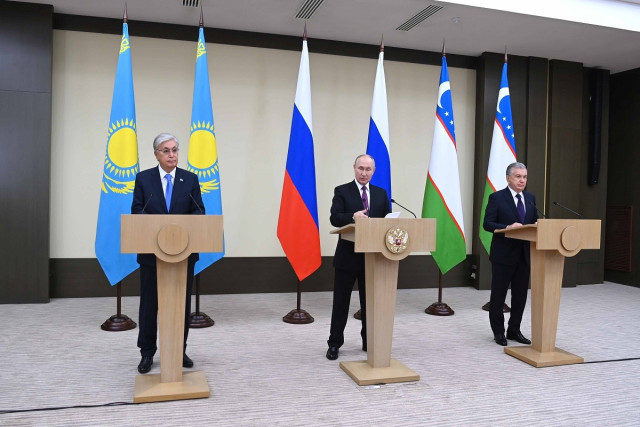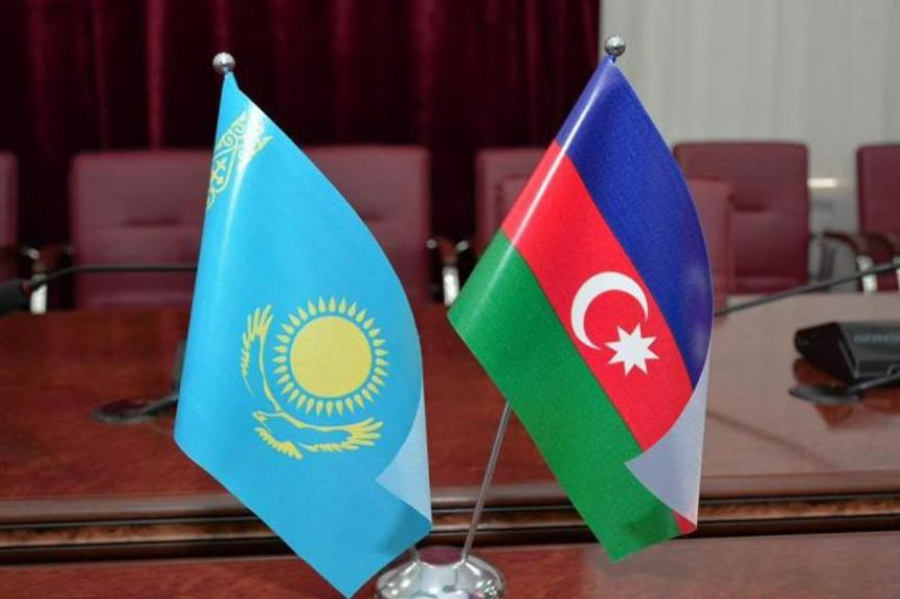
Kazakhstan’s economy grew by five
percent in the first half of 2023, as announced by Kazakh Minister of National
Economy Alibek Kuantyrov at the Government’s meeting. Kuantyrov noted that
the country’s real and service sectors have shown almost the same growth. In terms
of the main sectors, the highest growth was seen in the field of information
and communications, as well as construction and trade. It bears noting that capital
investments in the latter industry have increased by one third, in the field of
transport and warehousing by 60 percent, and the growth of investments in fixed
assets amounted to 13 percent. In the first half of the year, positive growth dynamics
have been observed in the production of cars, food, plastic and other products,
Kuantyrov noted.
“According to preliminary
results, in January-May, foreign trade turnover grew by eight percent and reached
$55.8 billion. Exports reached $31.6 billion, particularly exports of processed
goods increased by 3.8 percent up to $10.2 billion. Imports of goods totaled
$24.2 billion. Overall, the country’s trade surplus amounted to $7.4 billion,” said
Kuantyrov.
In turn, Kazakh Prime Minister
Alikhan Smailov instructed to maintain the current growth rate of the domestic
economy until the end of the year. As noted by Smailov, this will become a
factor in further improving the quality of life of Kazakh citizens. At the same
time, it is no less important to curb price growth. It should be noted that
inflation in Kazakhstan is slowing down for the fourth month in a row.
“Restraining price growth remains
another important task. As a result of the measures taken in the first half of
the year, inflation slowed down to 14.6 percent in annual terms. We are facing
the task of reducing inflation by two times this year. This requires
coordinated and preventive actions. The Ministry of Trade and Integration,
together with the interested state bodies should ensure the reduction of
inflation to the planned values,” noted Kazakh Prime Minister.
At the same time, Smailov
emphasized the need to attract new strategic partners to the country. According
to him, direct work should be carried out with each of them at every stage of
interaction.









